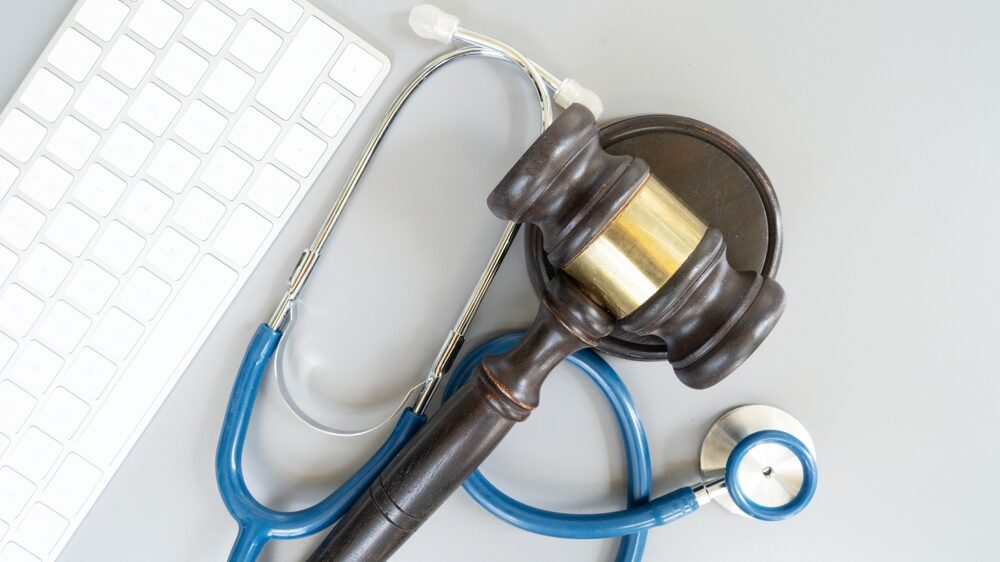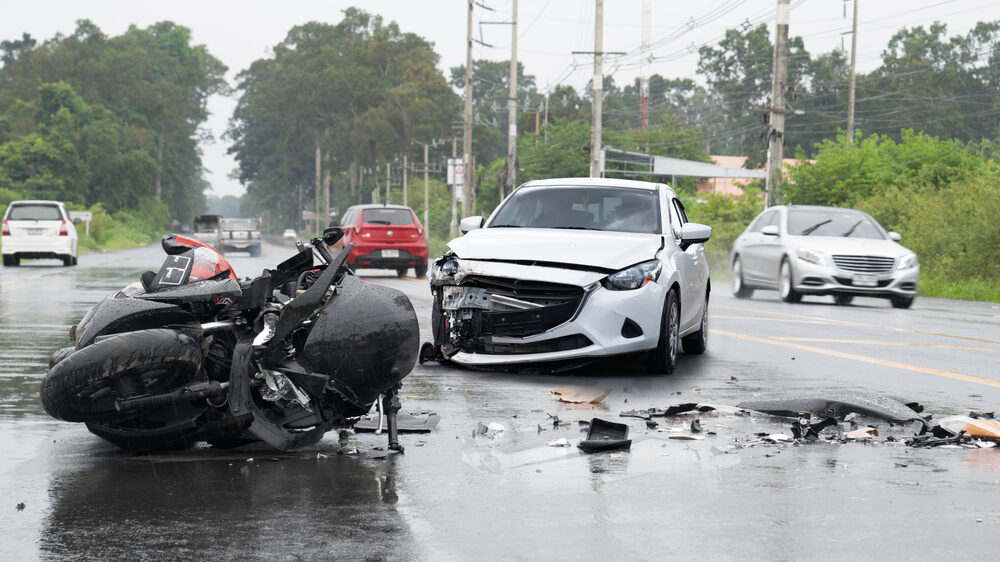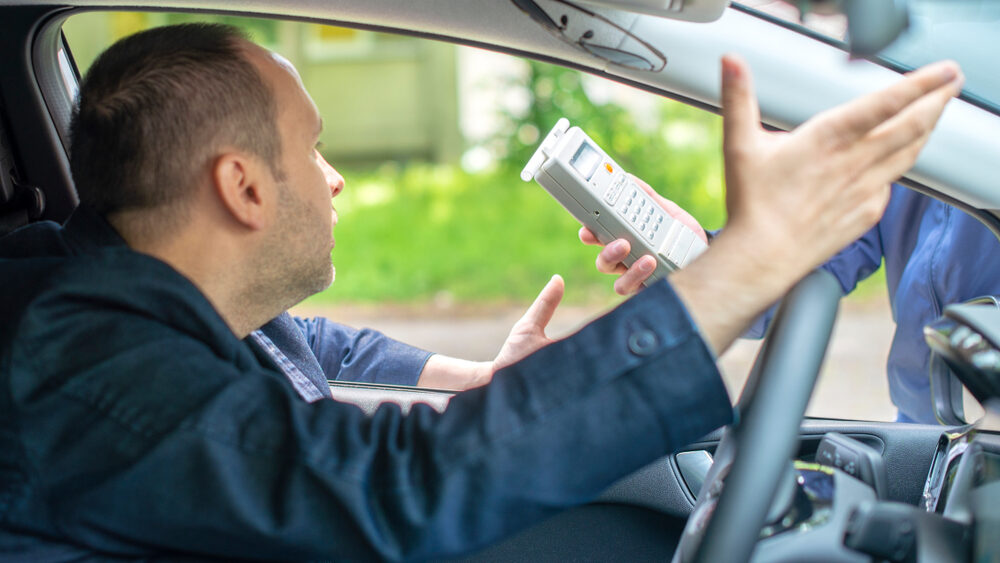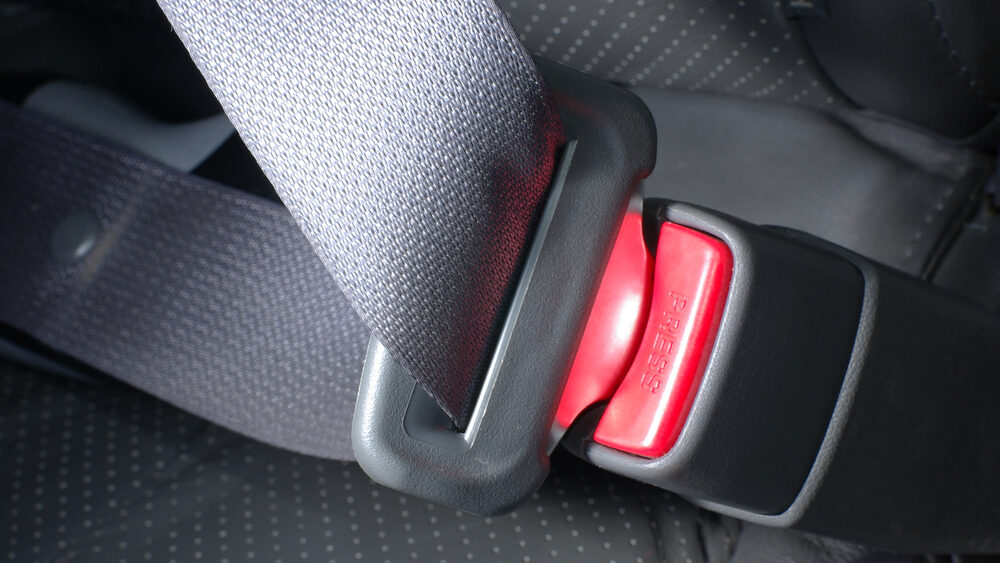What are some potential defenses to an allegation of DUI?
There are many potential defenses to an allegation of DUI because of the complexity of the offense. They fall into the following categories:
Were you driving? If you were neither driving nor in “actual physical control” of the vehicle, there cannot be a DUI.
Was there probable cause to stop your car? If the officer did not have legal cause to stop, detain, or arrest you, then any allegations of intoxication must be suppressed or otherwise rejected by the Court. Not all bad driving allows the police to stop your car. Also, sobriety roadblocks may be legal, but the topic is complex. Special rules apply to how the location is chosen and how the roadblock is set up and administered.
Did you receive your Miranda warnings while in custody? If you weren’t read your rights at the appropriate time and under the appropriate circumstances, and if you said something incriminating, your statement might not be admissible in court.
Were you under the influence? Were you really under the influence? The observations made by the police, and their opinions about whether you were under the influence, can be called into questions.
Under what circumstances were you asked to perform the field sobriety tests? The circumstances under which the field sobriety tests were administered can cast doubt on the results of those tests. Was the blood-alcohol testing done correctly? There are a lot of potential challenges to blood, breath, and urine testing. For example, there are strict rules governing the way breath, blood, or urine must be collected and tested (and by whom). It is also important to know and establish when the blood or breath test was conducted. Were you tested during the absorption phase? If you are still actively absorbing alcohol – in other words, if you had your last drink beyond two hours of the arrest – the blood, breath, or urine test may be unreliable if done while you are still actively absorbing alcohol. Absorption can be delayed even longer if food is present in your stomach. Is the retrograde extrapolation legitimate? If testing takes place sometime after you were actually in control of the motor vehicle, the police will have to determine how drunk you were earlier. To do this, a process called “retrograde extrapolation” must be performed. A number of complex physiological problems are involved here, any of which might be used to challenge the conclusions reached by the police.
The amendment to the recent DUI statute make it so that any testing done within two hours of driving results in the presumption that the test results accurately reflect your BAC at the time you were driving. (This does not necessarily square with science, but it is nevertheless the law.) Was the testing machine working? The prosecution must prove that the testing complied with Pennsylvania’s requirements for proper calibration and maintenance of such machines. Further, breathalyzers are machines and, as such, are fallible. Have you ever put correct change into a vending machine and still not received your soda? Sometimes machines just do not work correctly. How about the vacuum machine at a car wash? Works every time, right?












